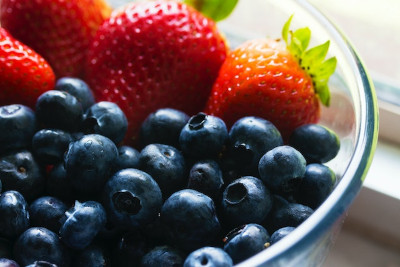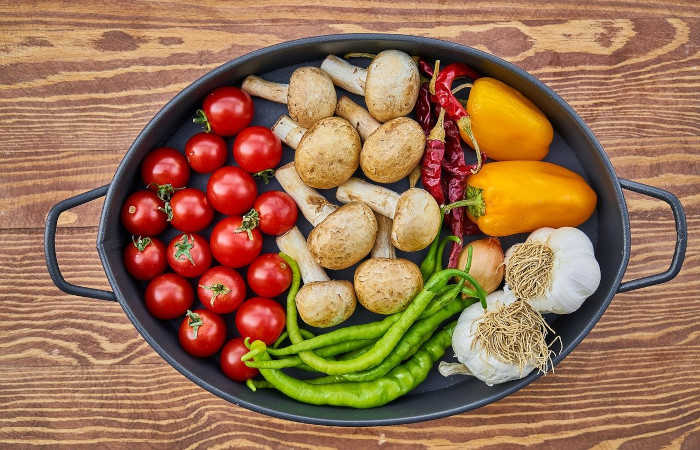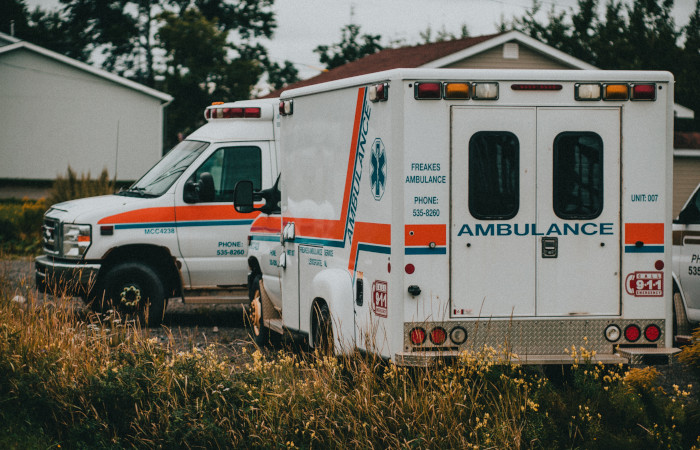Diet and Exercise
Being Well Takes Effort
If you’ve ever struggled with maintaining a healthy body weight or staying in shape, you are not alone. We shouldn’t have to talk about obesity, heart disease and diabetes at our age, but they are a reality for many teens. In fact, 22% of 12- to 19-year-olds struggle with obesity, according to the CDC. If you aren’t exactly fit, it may not be your fault. Healthy options may not always be available, and genetics, mental health, and medications can all work against us. But, those aren’t good reasons to stop trying. Eating right and exercising can have a huge positive impact on anyone!
Build Muscles, Including Your Heart
Physical activity is critical for both physical health and mental health. Muscles help you move, lift things, pump blood through your body, and even breathe. Exercise also releases endorphins in the brain that make you feel good. At the same time, it helps you relax and knock out stress. The CDC actually recommends that 6– to 17-year-olds get at least 60 minutes of moderate to vigorous physical activity every day. What does that look like? You could walk or run, lift weights, do some yoga, or just about anything that gets your heart rate up.
Why Does It Matter What We Eat?
The food and drink choices we make not only affect our energy level and overall health, but they also impact mood, stress levels and brain function. It’s hard to enjoy life when you don’t feel good, right? So, It’s important that we make good choices about nutrition. Of course, you want to avoid moldy or improperly cooked food. They could land you in the hospital! Consuming too much of something can be dangerous as well. You want to limit things like fat, sugar and caffeine for optimal health. 
Water
Water is the healthiest thing you can drink. It accounts for up to 75 percent of your body and is needed to keep you alive. That’s why you can literally feel it when you haven’t had enough. You might feel fatigued, have a headache, or even become dangerously dehydrated. While other drinks can be hydrating, nothing is better for you than water. On average, a person should consume about 6-8 cups of water each day.
Harmful Substances
It’s important that we don’t put harmful substances in our body that can have both short-term and long-term effects. Drugs, alcohol and smoking can all take a terrible toll on our health. I mean, why bother eating right if you’re just going to mess it up by putting toxins in your body.
How Old Is Your Heart?
Please watch the following video.
Next Module
Choose which module you would like to explore next. When all six are complete, you are ready to take the Final Quiz required to earn the patch.









